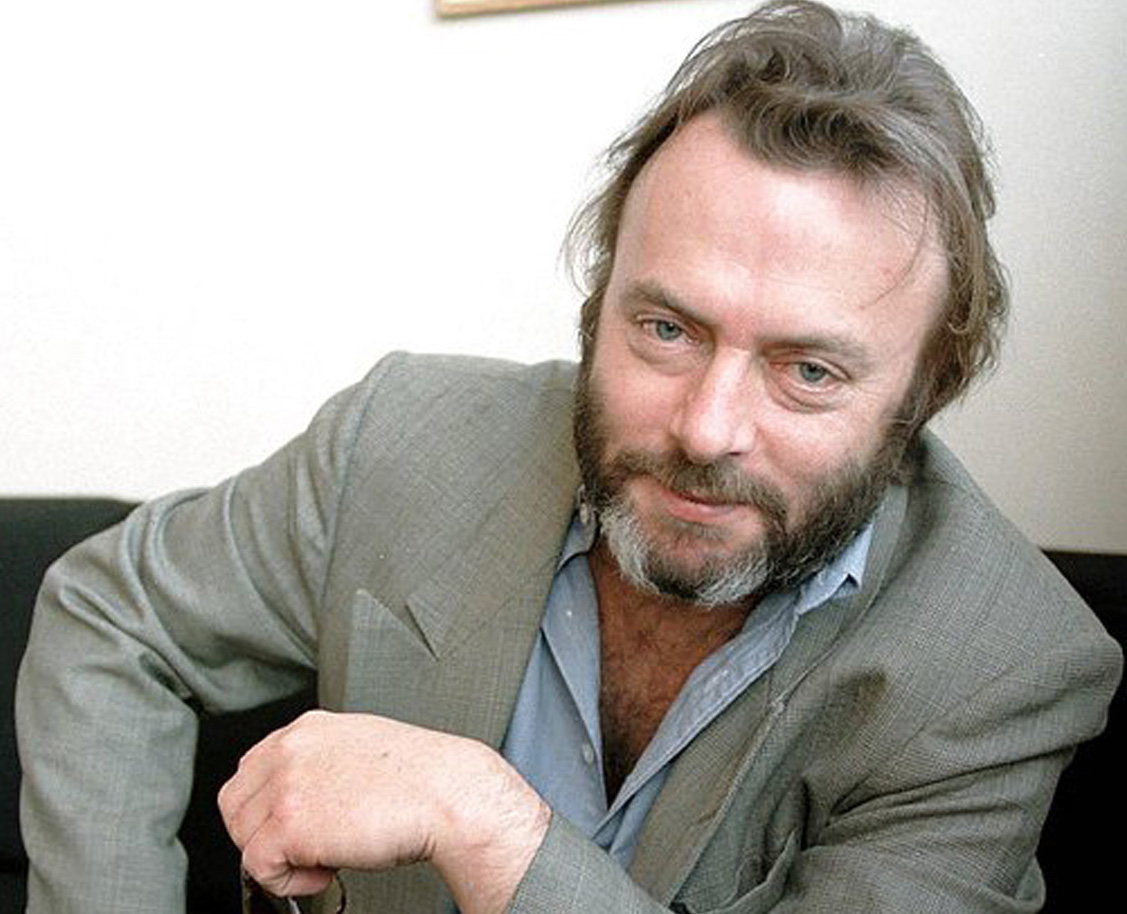Several years ago, riding Baltimore’s Light Rail to work, I was reading Christopher Hitchens’ God Is Not Great. A group of black teenagers boarded the train and took seats near me. One asked what I was reading. I handed him the book.
He almost physically recoiled at the title, black block letters on the yellow dust jacket. “Of course God’s great,” he said.
“Is he?”
“Oh course he is. You don’t think so?”
I shrugged. “Who can say?”
“You believe in god, don’t you?”
I shook my head.
His eyes grew wide. He stook, gestured to his friends, and pointed at me. “Guys, he doesn’t believe in god!” His friends all gave me weird looks — boggling eyes, open mouths.
He handed back the book. A few stops later, he and his friends disembarked from the train, and a few stops after that I was at the office.
God Is Not Great is, imho, a bit of a misnomer of a title. Hitchens’ book isn’t like Richard Dawkins’ The God Delusion, an argument for why there isn’t a supernatural deity. Rather, it’s a look at how religion, while it tries to help people be good and do good, causes people to cause pain and suffering in the name of their religion. If you’re familiar with Hitchens’ criticisms of Mother Teresa, that’s what God Is Not Great is like.
All of that as preamble, having read Hitchens’ book and listened to his speeches on religion, I am absolutely convinced that Hitchens had no late-in-life conversion to Christianity. Larry Taunton’s claim that he did is a clear fiction. The Hitchens who eviscerated Mother Teresa as a cruel sociopath in the name of her god would never, ever have considered the possibility that Christianity was true. Evangelicals may want one of the fiercest modern critics of Christianity on their side as a modern C.S. Lewis, but to get there they have to invent conversations and create an imaginary Hitchens that is so divorced from reality that he’s become an unbelievable fantasy.
